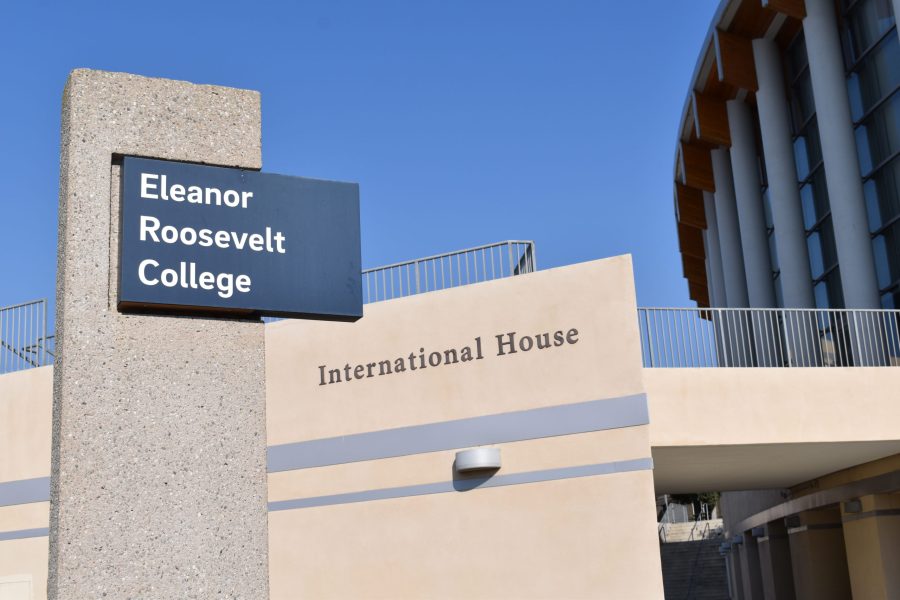On Sept. 24, the Department of Homeland Security proposed to shorten the stay for international students and scholars with F, J and I classifications. They believe that the rule will strengthen U.S. immigration laws and prevent foreigners from exploiting the country’s education system.
Current international students with valid visas are allowed to stay for as long as their academic programs last. They also have the ability to extend their duration of stay, with approval from the sponsoring university, if they will exceed the anticipated time period, such as the case when research takes longer than expected or additional programs are added.
Under the proposed rule, however, DHS would set a fixed authorized stay for a maximum of four years. Individuals with F or J visa status — students, researchers, scholars, and their dependents — need to reapply their visas after the expiration date. The proposed rule doesn’t limit the number of times to file an extension. Additionally, students from counties on the State Sponsors of Terrorism list or associated with a high visa overstay rate––greater than 10 percent––may be subject to a two-year fixed stay with the opportunity of extension.
“Given the possibility for people to stay in the US overtime with a nonimmigrant academic status, it’s reasonable for the government to be cautious of fraud,” Roger Revelle College senior Jiayu Huang, who is also an international student, said. “There are cases in which international students stay and apply for a job in the country without status.”
The federal proposed rule also reduces the F-1 grace period from 60 to 30 days after completion of the program of study. This will limit the time for individuals to change status, transfer to another school or leave the US. F-1 students who enroll in non-degree English language programs, such as those offered by Extension International Programs, will have a limited lifetime aggregate of 24 months in language study — including academic breaks — as opposed to the current policy which has no limitation.
“I don’t think that the existing culture is extremely welcoming toward international students. I think that it needs to improve,” Thurgood Marshall College senior Haley Fong said. “Having international students is beneficial for everyone in our age range to form interpersonal connections and understand different perspectives, teaching styles, and other sociocultural values. U.S. students learn, international students learn — it’s a combination of everything.”
Huang also believes colleges need to cultivate a welcoming environment to support its international community.
“Compared to the [proposed] policy, the academic environment including campus culture plays a much important role in my willness to continue my education here,” Huang said. “Political policy may change people’s attitudes toward students from certain countries…But if my colleague and classmates remain inclusive and friendly to us, I will be very willing to continue my education here.”
According to the Fall 2019 report from the International Student and Programs Office, there’re a total of 8,842 international students at UC San Diego, which makes up 23.5 percent of the student population. Many international students currently enrolled have an F1 visa, which permits them a five-year duration status. New changes from the DHS will directly impact students with F or J status, since many undergraduate and graduate degree programs take more than four years to complete.
“This policy is unwise and shows the untrustworthiness toward international students, just as the ICE policy which tried to prevent international students taking online classes in the U.S. during the pandemic,” Earl Warren College sophomore Charlie He said. “All the colleges should stand together and take legal action to vote against these unreasonable policies that may potentially harm the international community.”
In a statement of support made to all UCSD international students and researchers on Oct. 21, ISPO confirms the campus’s ongoing efforts to express concerns and submit formal comments to the DHS. Students are also encouraged to contact U.S. elected officials or submit comments to DHS by Oct. 26. The statement is intended to inform students about the proposal, and ISPO is unable to provide any immediate advice until the final rule is published.
“We have fielded numerous questions from students who are concerned about the negative impact on their studies and ability to remain in the U.S. to complete their academic programs,” ISPO Director Dulce Amor L. Dorado said in an email to The UCSD Guardian. “We want to assure students that we stand firmly in support of our international community. As Tritons, we recognize and value the many significant contributions you have made to our campus, greater community, and country.”
ISPO, International Faculty & Scholars Office, and Extension International Programs will continue to monitor the situation and provide updates via email and websites when more information is available. Students who have questions or concerns can visit https://iStudents.ucsd.edu, contact the international students office via phone 858-534-3730 or online advising.
Photo courtesy of Tanya Bharatula for The UCSD Guardian.














